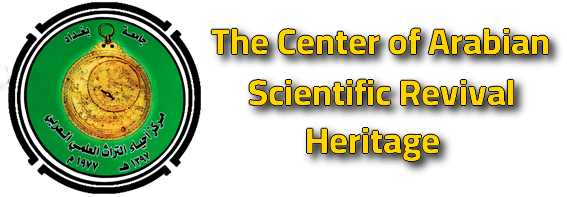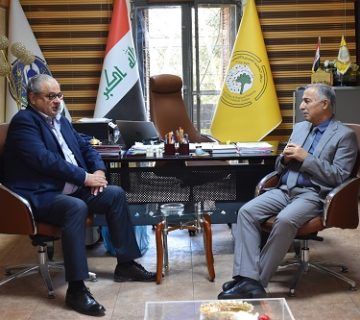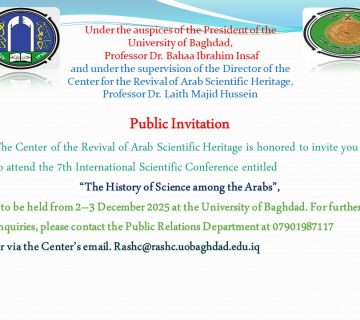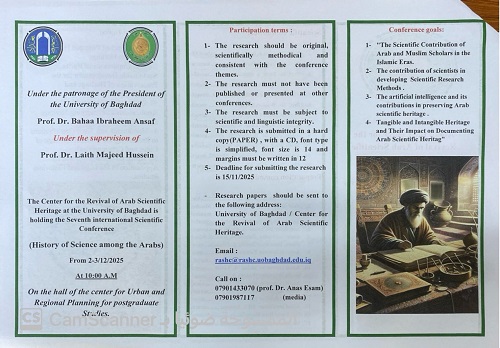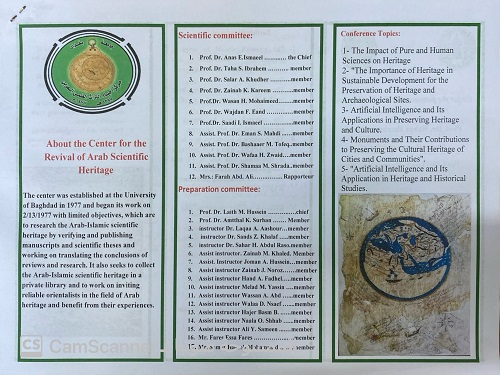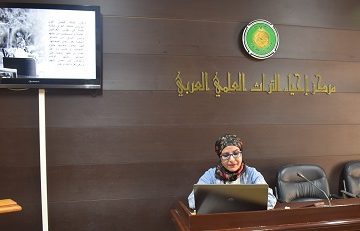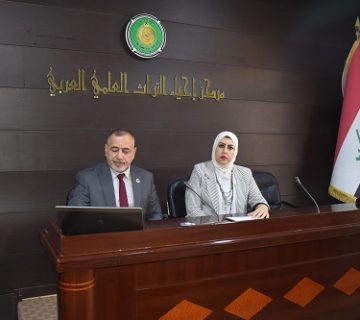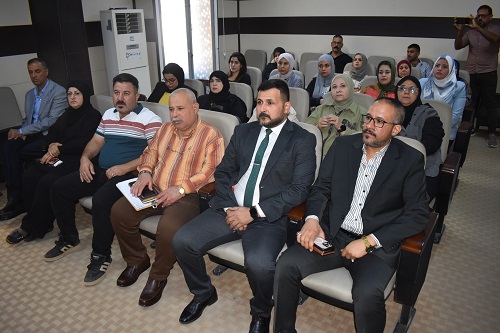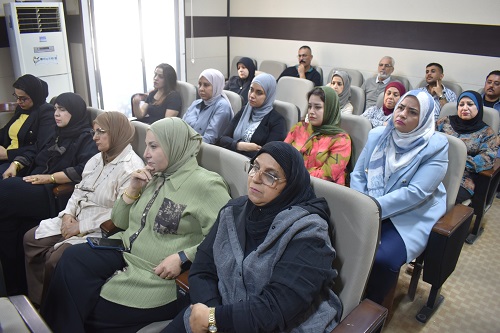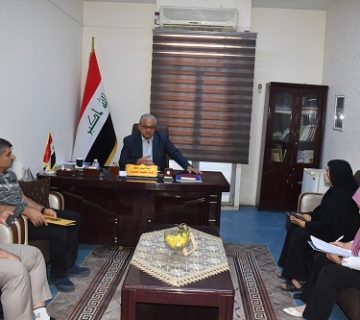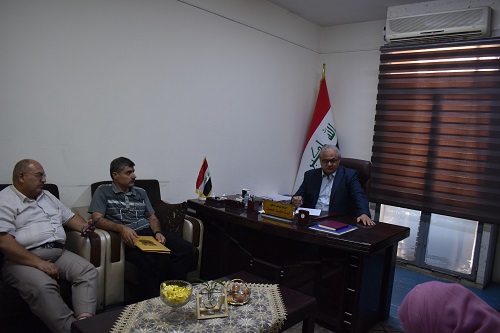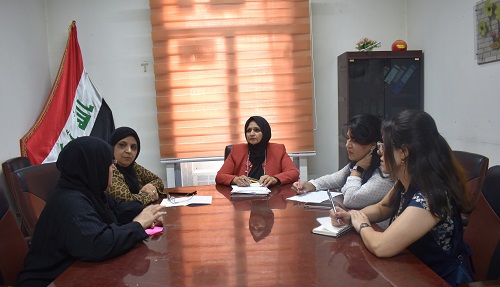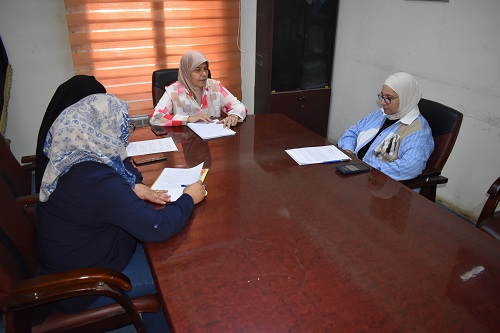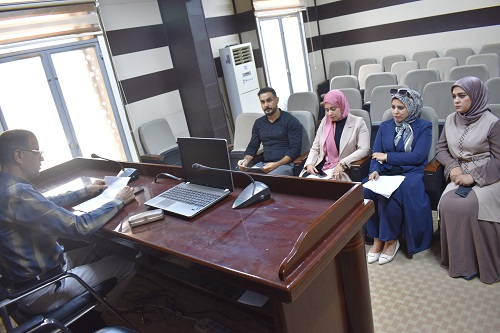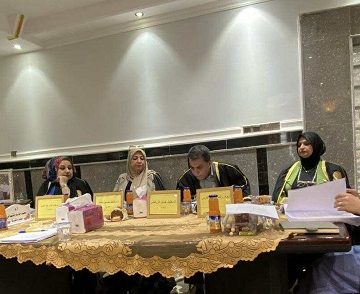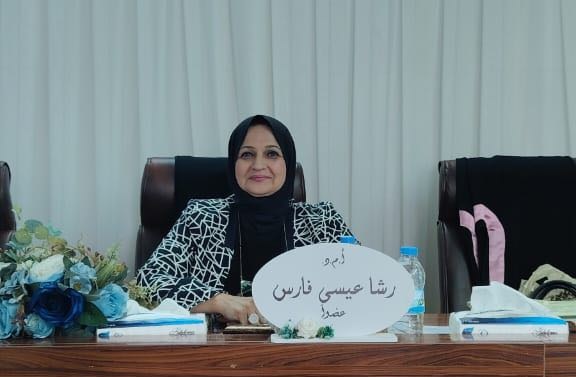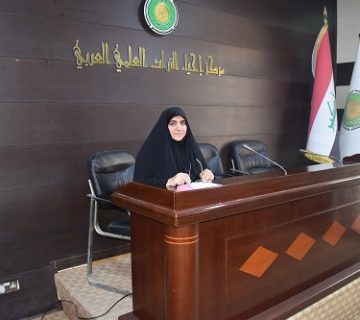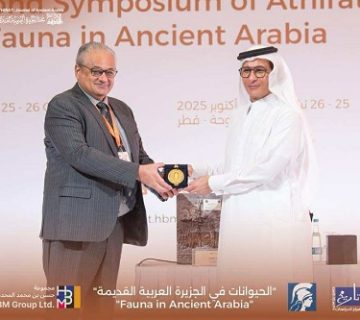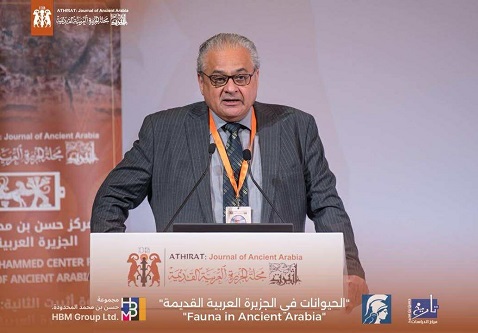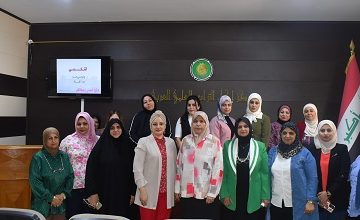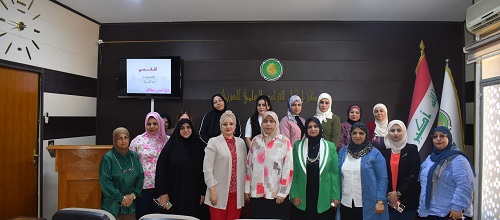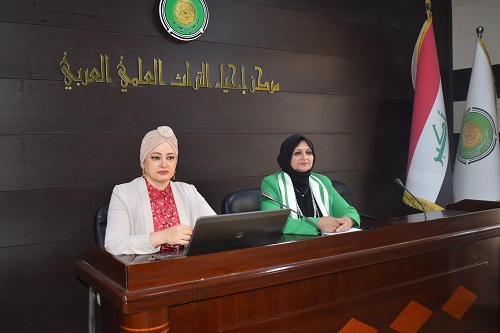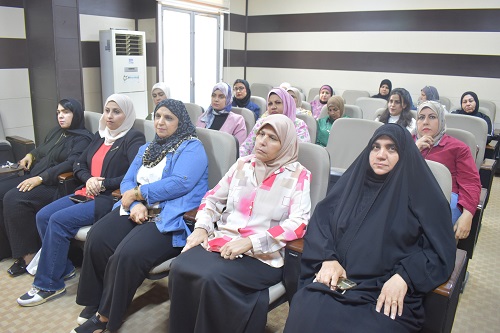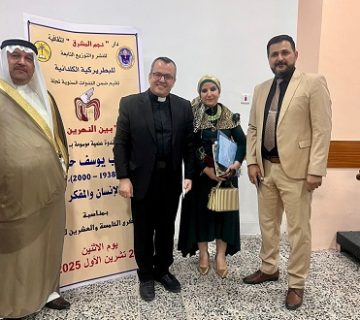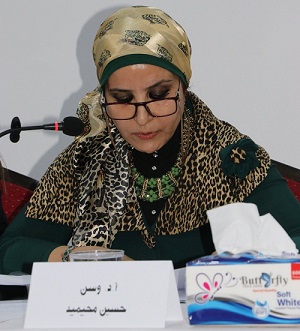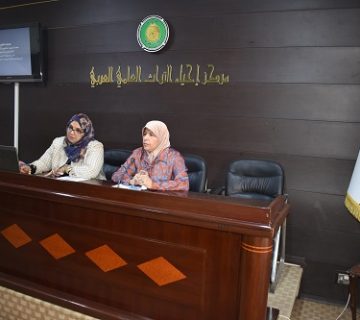
The Center for the Revival of Arab Scientific Heritage Organizes a Workshop
Under the supervision of Professor Dr. Laith Majid Hussein, Director of the Center for the Revival of Arab Scientific Heritage at the University of Baghdad, the Manuscripts Department in the Center organized a workshop on Thursday, 13 November 2025, in Professor Nabeela Abdul Muneem Dawood Hall, with the attendance of a number of researchers and academics. The workshop was titled “Private Education in the Historical Perspective and Its Impact on Iraqi Society.” Professor Dr. Zainab Kamil Kareem and Lecturer Dr. Liqaa Shakir Al-Sharifi, both are members in the Center, presented the lecture. They discussed private education as one of the most important sectors in developed countries, as it provides future generations capable of development and innovation. In contrast, in less developed countries, the private sector still does not play an effective role in society, given that the state is considered the largest and most capable institution of managing a sensitive and strategic field such as education. The workshop aimed to shed light on the history of private education
The Center for the Revival of Arab Scientific Heritage Holds a Scientific Seminar


